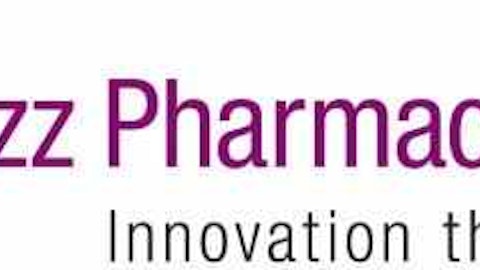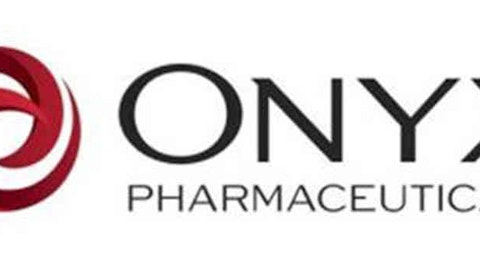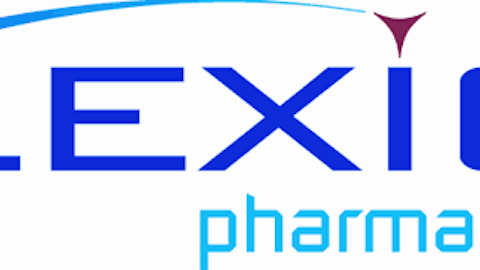In the last couple of months, we saw two big offers being made – and rejected – in the biotech sector. Both times, the companies that rejected these offers saw huge spikes in their respective stocks. Alexion Pharmaceuticals, Inc. (NASDAQ:ALXN) rejected an informal takeover proposal from Roche and went up 7%. Earlier, Onyx Pharmaceuticals, Inc. (NASDAQ:ONXX) rejected Amgen’s takeover bid and went up 50%.

My reasoning is that a big offer and its subsequent rejection by a company only draws attention to its fundamental value. It shows us the level of confidence management has in the company. That helps create a surge in the stock — but since the surge has the company’s own strong potential for support, it does not go down even after the euphoria is over. Thus, I would argue that a biotech company that has rejected a huge offer is generally a good buy.
Roche’s offer
The precise details of the private offer are unclear. However, around the time of the offer, Alexion Pharmaceuticals, Inc. (NASDAQ:ALXN) was trading at a P/E of 66 and had a market cap of $22 billion.
Roche has a history of paying out enormous amounts of money to buy companies. In 2009, it spent almost $50 billion to complete its buyout of Genentech.
Right now, Roche sorely needs to expand out of its cancer business. Earlier this month, Reuters had reported that Roche was searching for funds for a potential takeover as it wanted to shift focus from cancer to rare diseases. Alexion Pharmaceuticals, Inc. (NASDAQ:ALXN) offers it a way out. So given that synergy, I wouldn’t be surprised if Roche values Alexion Pharmaceuticals, Inc. (NASDAQ:ALXN) very highly right now.
What Alexion could bring to Roche
Alexion Pharmaceuticals, Inc. (NASDAQ:ALXN) focuses on discovering life-transforming therapeutics for severe and ultra rare or orphan diseases. According to the 2013 Orphan Drug Report, the market for orphan drugs is expected to grow at a compounded annual growth rate of 7.4% to $127 billion by 2018. The market for common disease drugs, on the other hand, will grow at 3.7%. According to the report, orphan drug sales increased by 7.1% in 2012, whereas prescription drug sales (excluding generics) registered a 2.1% decline. The report also confirms that orphan drugs offer better return on investment as compared to non-orphan drugs.
Alexion Pharmaceuticals, Inc. (NASDAQ:ALXN) is the company that made investing in orphan drug companies hip when it turned Soliris into a blockbuster. Soliris is the world’s most expensive medicine – $410,000 per year per patient – which generated $370 million revenue in the most recent quarter ($1.1 billion in FY 2012) despite the small size of the patient population.
Roche is probably also looking at the potential of Soliris for other indications as well. Initially, the drug was approved for treatment of PNH, a rare blood disorder that kills red blood cells, causes anemia and damages organs. Later, the FDA and the European regulator, EMA, approved it for aHUS, an even rarer disease than PNH. While about 4,000 to 6,000 patients are diagnosed for PNH in the U.S. with 1.3 per million new cases, only a few hundred patients are diagnosed for aHUS.
However, that is not the end of it. Alexion is currently engaged in studying the drug for additional indications that include 3 other rare, orphan diseases.



